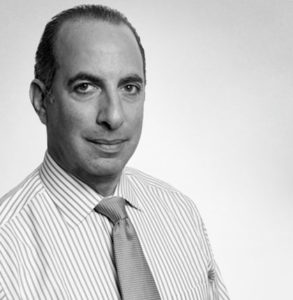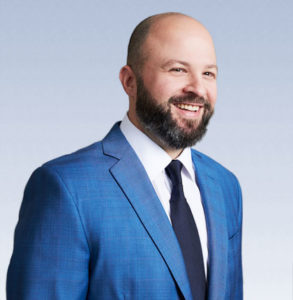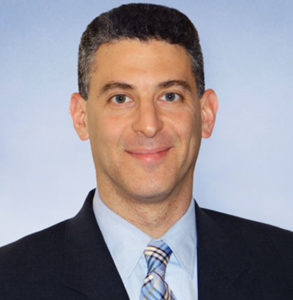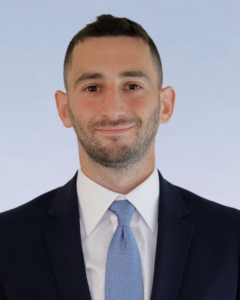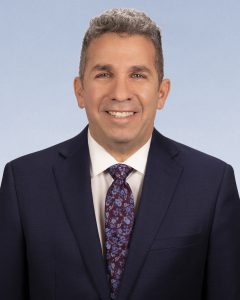Large Firm Service. Small Firm Attention.

SHARE
What an Estate Executor Must Do — And Not Do
Published November 11, 2015
A person named in a will as the executor of the estate has a significant responsibility. It is important for an executor to know what he or she must do, and – just as important – what not to do.
In New York State, an executor’s fiduciary responsibility to: have the last Will and testament probated; collect the decedent’s assets that pass under the Will (not including joint property, insurance benefits and other assets that pass to others directly); pay debts of the estate, including funeral expenses; pay any taxes the estate owes; and distribute the remaining assets in accordance with the terms of the Will. During the estate administration process, which can take anywhere from several months to several years, the executor is also responsible for managing and investing the estate’s assets in accordance with state law.
In addition to understanding and faithfully discharging their duties, an executor should also be aware of potential pitfalls. These are things an executor should take care not to do:
- Distribute assets early
- Use estate assets for personal expenses
- Neglect to pay taxes the estate owes
- Distribute assets before paying debts
- Fail to obey court orders
- Fail to address creditor claims
- Fail to distribute assets in accordance with the terms of the will
The most important thing an executor can do to avoid making mistakes in administering an estate is to seek counsel from an experienced estate planning and administration attorney.
Learn more about our special needs planning and special education advocacy services at www.littmankrooks.com or www.specialneedsnewyork.com.
Was this article of interest to you? If so, please LIKE our Facebook Page by clicking here.
Categories
Recent Posts
Explore In-Depth

Corporate & Securities

Elder Law & Estate Planning

Special Needs Planning

Special Education Advocacy




